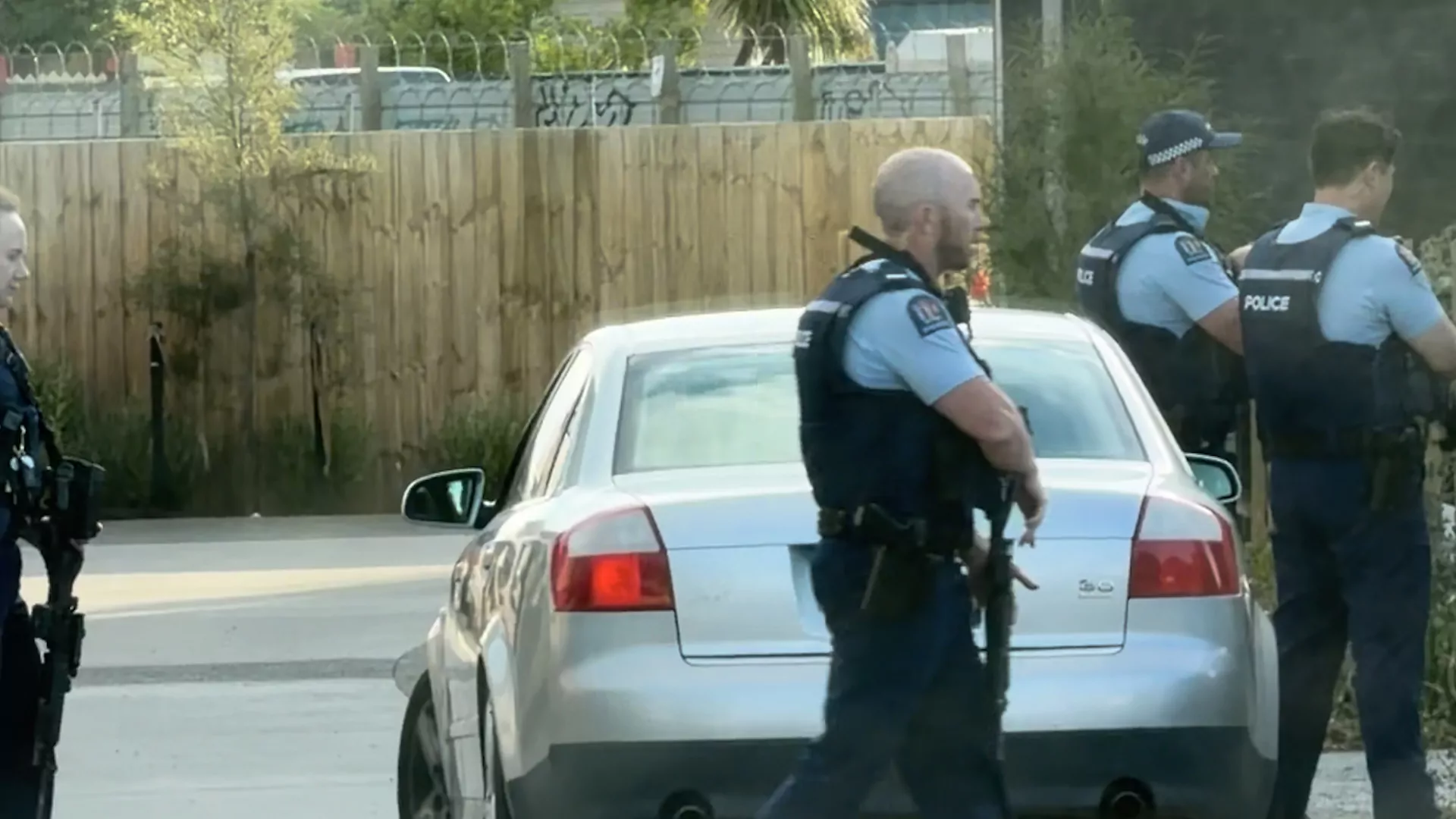Escaped youth tracked by Eagle helicopter, found hiding in New Brighton
The young person who escaped from a youth justice facility in Rolleston has been located...
Greyhound Racing New Zealand has filed judicial review proceedings in the High Court, challenging the Government’s decision to ban greyhound racing from 31 July 2026.
The legal action accuses the Government of rushing the decision without proper consultation, ignoring established procedures, and relying on selective or incomplete information in official briefings.
The move follows Cabinet’s decision in December 2024 to end greyhound racing in New Zealand, based largely on a paper prepared by the Department of Internal Affairs.
That report, according to GRNZ, focused narrowly on animal welfare concerns while omitting key evidence that supported the industry’s standards and progress.
In a statement, GRNZ said the Cabinet paper failed to reflect the full picture, particularly overlooking a November 2024 Racing Integrity Board (RIB) report which found that greyhound welfare standards in New Zealand were not only being met but often exceeded those in other animal sports or overseas greyhound racing jurisdictions. GRNZ also said there was no evidence that advice was sought from the National Animal Welfare Advisory Committee before the decision was made.
Chief Executive Edward Rennell said the Government’s handling of the issue lacked due process and failed to respect the livelihoods of thousands of New Zealanders involved in the industry.
“This was a Cabinet paper from public officials who had made up their minds, for a Prime Minister who had made up his mind and stated it publicly,” Rennell said. “The Government took its decision too lightly and too quickly, without due care and due diligence. It was a rushed and inadequate Cabinet paper.”
Rennell said the failure to properly engage with GRNZ before announcing a ban was unacceptable, especially given the long history of constructive dialogue between the industry and government agencies on animal welfare standards.
He said the greyhound racing community, which includes breeders, owners, trainers, and support staff, had been blindsided by the Government’s announcement and left with no option but to seek judicial intervention.
The legal case rests on multiple claims, including that the Government failed to meet its legal obligation to consult with the industry, that its actions breached the principle of procedural fairness, and that it ignored relevant information that should have been part of the decision-making process.
GRNZ also argues that officials had created a legitimate expectation that any decision of this magnitude would involve public consultation, especially given the significant impact on those working in the sector. That expectation, it said, was based on repeated assurances from the Department of Internal Affairs since 2021 that the industry would be given the opportunity to comment on any proposed ban.
The organisation is also applying for interim relief, seeking a court order to halt any further steps towards implementing the ban—such as work being carried out by the Ministerial Advisory Committee—until the judicial review has been heard.
Rennell said the case reflects a broader concern about how major decisions affecting people’s lives are being made in New Zealand.
“Decisions that impact the lives and livelihoods of people must be extremely well articulated and evidenced. This decision was not, and it highlights a worrying pattern of short-cutting in public policymaking. New Zealand deserves better.”
While judicial reviews of Cabinet decisions are rare, GRNZ believes the process in this case was so deeply flawed that it warrants court oversight. The case has now been formally lodged with the High Court and is awaiting a hearing date.


